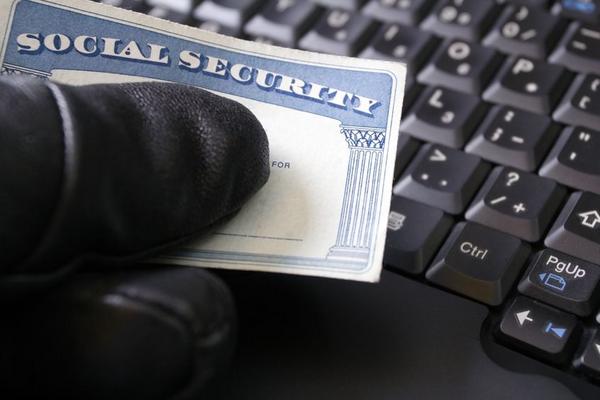No one expects an identity thief to strike, but with identity-related crimes on the rise, it can happen to anyone. In this final installment of our three-part series on identity theft, we review the steps you can take if you become a victim.
Act quickly
It’s critical to take action immediately. The longer you delay, the more damage a thief can do to your credit and accounts. Even waiting just a few extra hours after discovering the problem means giving the thief more time to open fraudulent accounts, compromise your existing accounts, and incur debt in your name. Identity thieves won’t waste any time once they have your information in their hands, so you shouldn’t either — do all you can to interrupt their activities as quickly as possible.
Contact credit reporting companies
Three national credit reporting agencies —Equifax, Experian and TransUnion — record the history of your credit. Although you can call all three to report a fraud incident, you only need to call one, because that one is required to inform the other two companies.
When you call, request an initial fraud alert and be prepared to provide proof of your identity. The alert will help thwart identity thieves when they attempt to open new accounts using your identity. The alert will remain in effect for at least 90 days on your credit report, but it can be renewed after that initial period. Placing a fraud alert on your credit reports has an added benefit: You can get a free copy of your credit report from each of the three agencies, so make sure to request them.
You should also ask the credit reporting company to send notifications should anyone attempt to change one of your current accounts or open a new account using your identifying information.
Contact banks and credit card issuers
Start by making a list of all of your credit card accounts, bank accounts, and any other financial institutions where you have accounts that may be affected. Notify each one that your identity has been fraudulently used. Each institution or card issuer will have a process for managing fraudulent charges on your account with them. Note that closing credit accounts can negatively affect your credit report unless you specifically ask that the accounts be marked “closed by creditor’s request” rather than just “closed account.”
Notify authorities
The Federal Trade Commission (FTC) has an Identity Theft Hotline at 877-438-4338; call them to file a complaint. Also call the police in the jurisdiction where the identity theft took place to report the crime. Police reports can then be sent to all of the affected creditors.
The Identity Defender™ — a better way to resolve ID theft issues
Repairing your credit and your good name can take a great deal of time and energy when going it alone. That’s why U.S. Legal Services offers The Identity Defender™ plan enhancement to our legal insurance plan members. Our highly trained Fraud Resolution Specialists™ are ready to help, providing emergency response within just 48 hours. From helping you complete a Uniform ID Theft Affidavit for use by credit bureaus, creditors and the proper authorities, to guidance on how to prevent further ID theft occurrences, expert assistance is always just a call away.
Learn more about the services and peace of mind that our Identity Defender™ provides.

